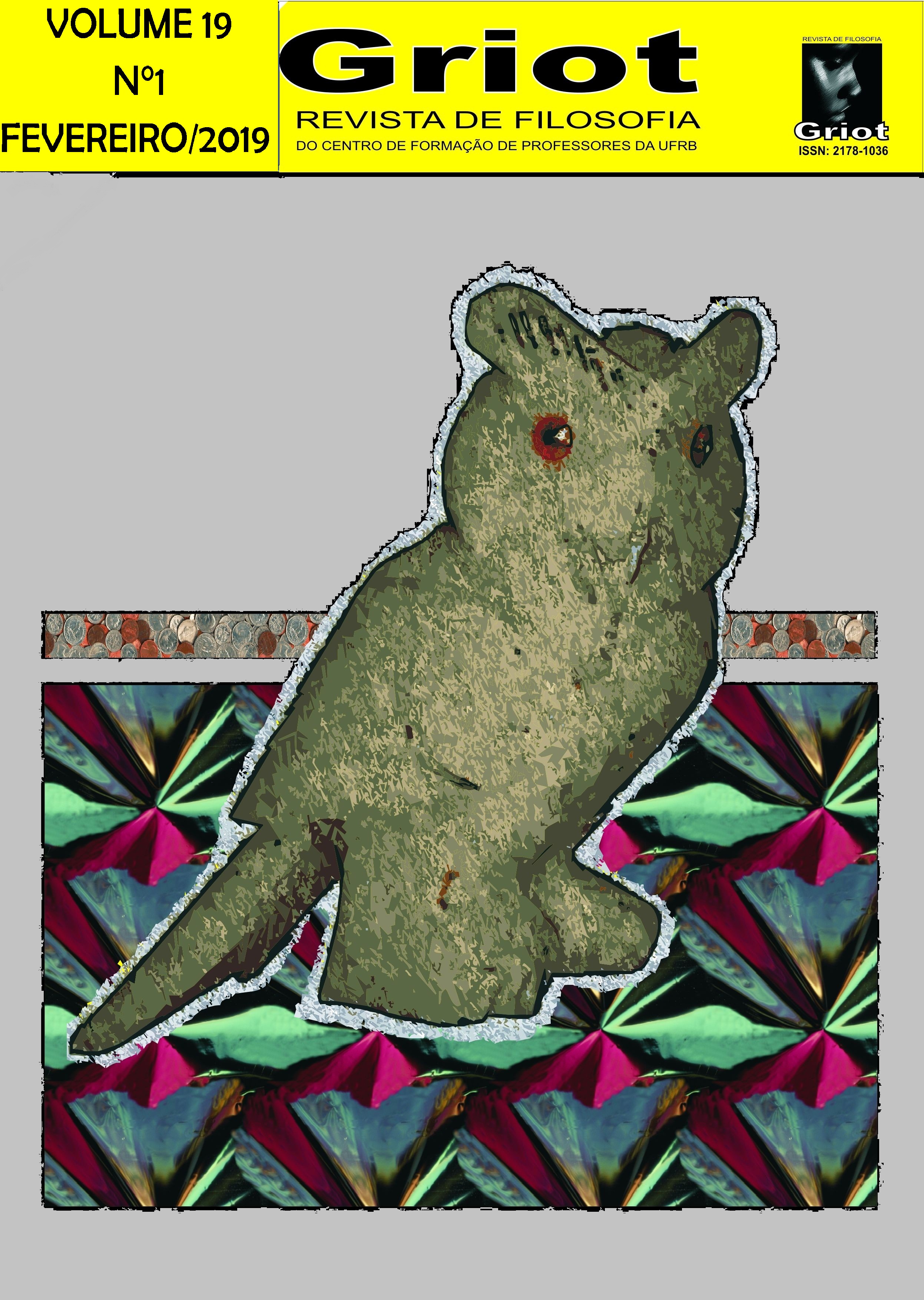Historical anthropology as a concept of natural history in Adorno
DOI:
https://doi.org/10.31977/grirfi.v19i1.1146Keywords:
Anthropology; History; Nature; Drives; Critical Theory.Abstract
The theme of this article deals with the historical anthropology found in “The Authoritarian Personality” and grounded on “Dialectic of Enlightenment”. Specifically, we approach the conceptualization that understands the drives’ movements (as explained by the Freudian theory) as internal nature, foundation of the anthropological conception discussed here. By referring to anthropology and nature, we are not thinking about immutable and “biologizing” notions, but historical and contextual ones. Therefore, we use mainly the “Idea of natural history”, precisely the dialectic between history and nature. In the text, Adorno deals with two movements of this dialectic: a conception of Lukács, for whom elements of history became naturalized as second nature, which can be exemplified by the hollywoodian schematism promoted by the cultural industry; the second movement, under the influence of Walter Benjamin, that deals with the historical transience of nature, when archaic remnants repressed by the dominant historical sense resurface, becoming a possibility of another historical sense. This debate is important precisely because is located at the heart of the relation between political-economy/sociology and psychoanalysis, the most relevant theoretical domains for the first generation of Critical Theory. Whatsoever we think there is an implicit anthropology for Horkheimer and Adorno – that would see the human being as naturally aggressive and destructive –, our intention is to show that if these anthropology and nature are historical, the individuals act under influence of the death drive precisely because the social environment that forms the human beings is domineering, violent, reified and alienating.
Downloads
Downloads
Published
How to Cite
Issue
Section
License
The authors who publish in Griot: Revista de Filosofia maintain the copyright and grant the magazine the right of first publication, with the work simultaneously licensed under the Creative Commons Attribution 4.0 International License, allowing sharing and adaptation, even for commercial purposes, with due recognition of authorship and initial publication in this journal. Read more...









































































